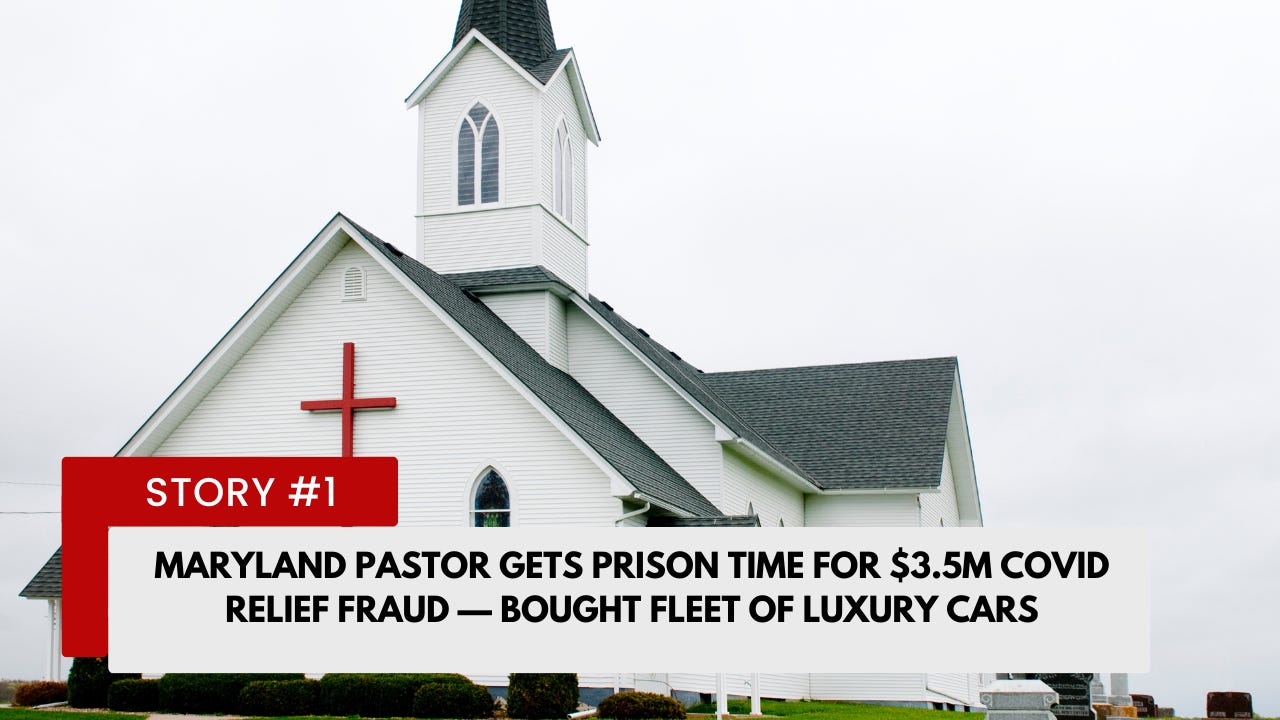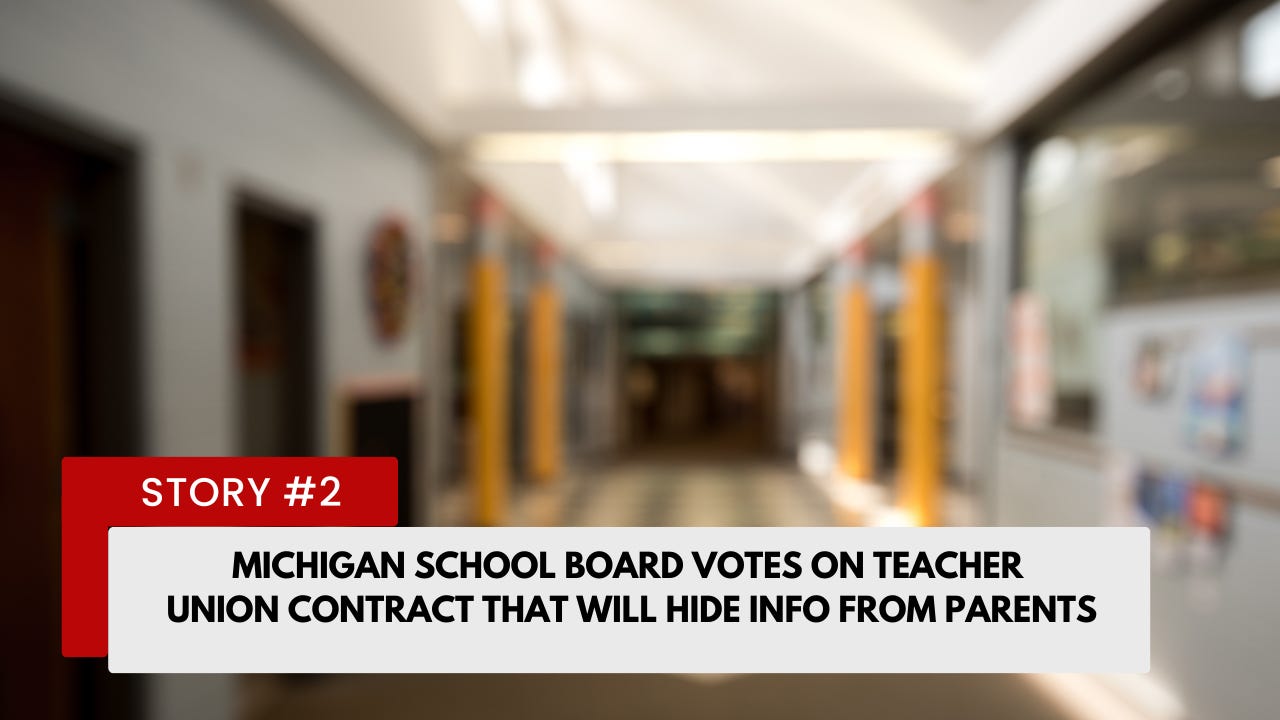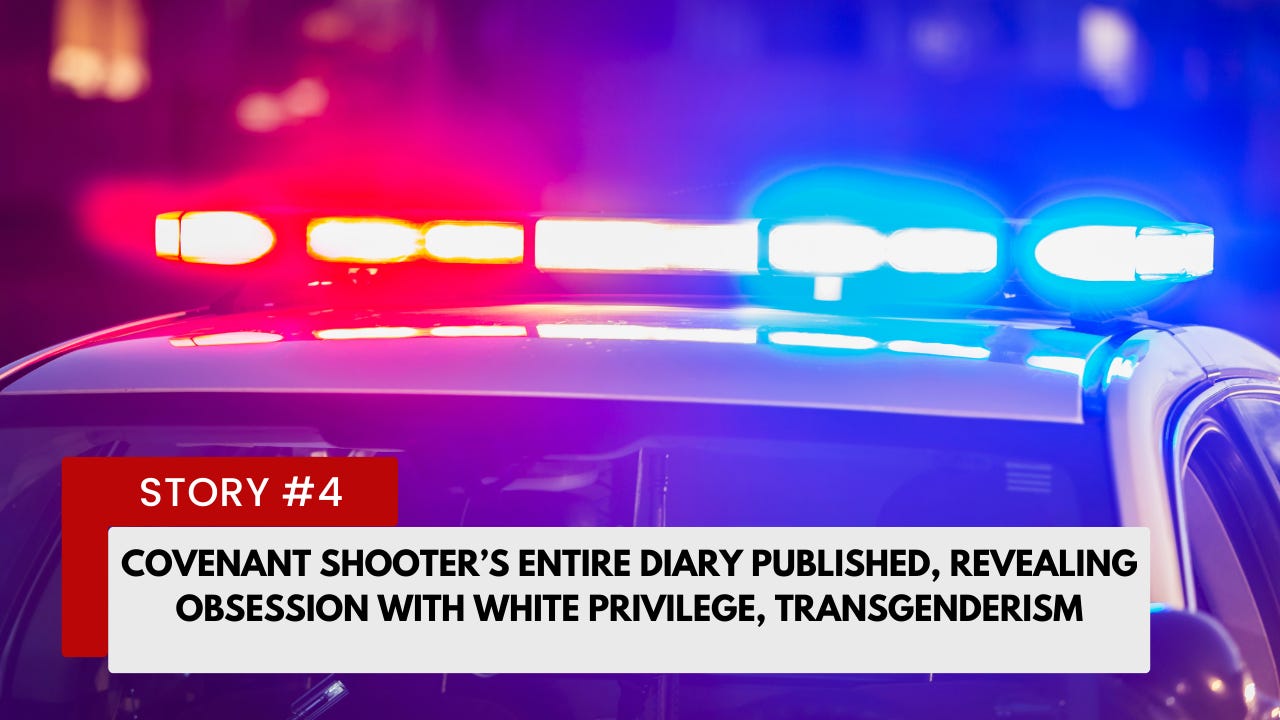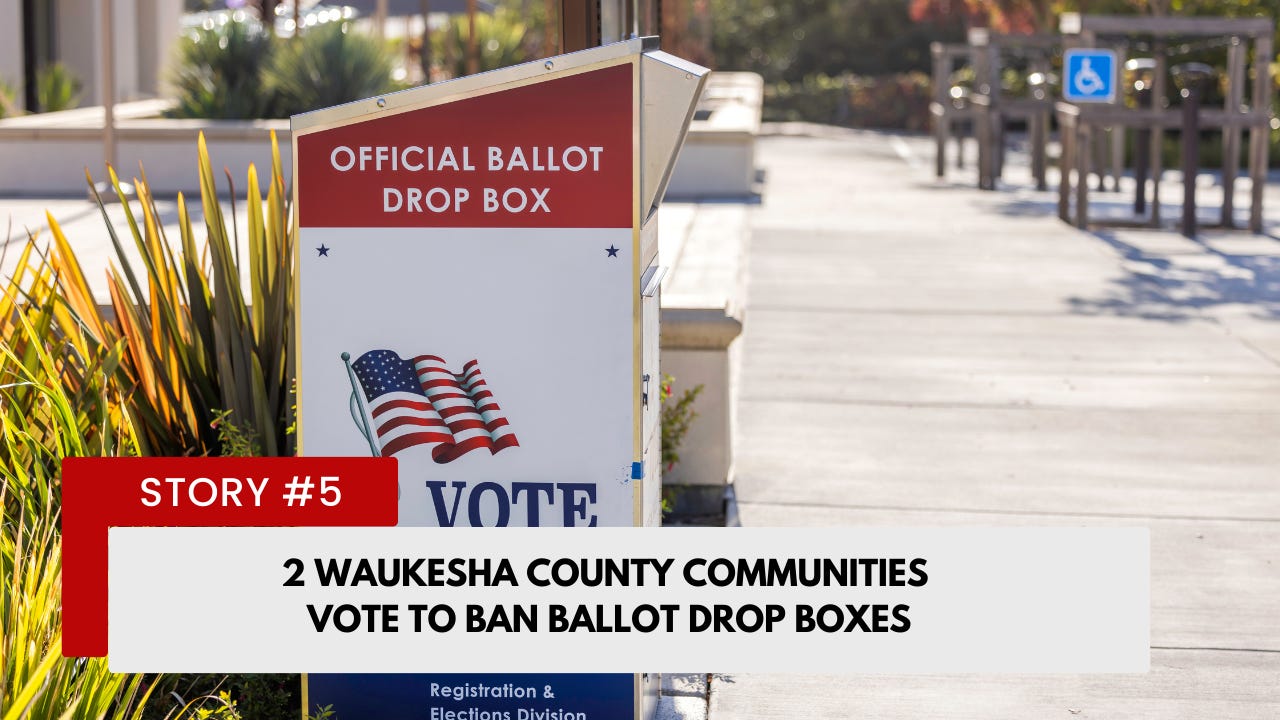I left mainstream media to tell the stories that matter. For just $5 a month, you can help me keep independent journalism alive. Your support means truth and integrity over power. Join me in making a difference.


A Maryland pastor was recently slapped with an 18-month prison sentence for fraudulently obtaining more than $3.5 million in COVID-19 relief funds.
The pastor, identified as 48-year-old Rudolph Brooks of Cheltenham, will spend that time in federal prison following the case surrounding the COVID-19 Paycheck Protection Program loans, the Christian Post reported Sunday.
The sentencing also includes two years of supervised release and mandates the forfeiture of significant assets, including properties in Maryland.
Fox 5 reported in April 2021 that Brooks was accused of depositing the loan money into his personal account and using it to buy 39 used luxury cars.
“This included a 2017 Mercedes Benz, two 2017 Infinity Q50s, a 2015 Cadillac Escalade, a 2005 Bentley Continental, a 2018 Tesla Model 3, according to the federal complaint,” the outlet said.
The pastor later pleaded guilty to charges of wire fraud and money laundering, the Post article stated. Click here to read more.

A proposed union contract could keep Rochester, Michigan parents in the dark about what’s happening in their children’s classrooms. Mackinac Center’s Steve Delie explains the alarming details:

CHICAGO, IL - Tiny hotel toiletries will soon be outlawed in Illinois. A new law will make Illinois hotels ditch small plastic bottles for shampoo and other care products.
The days are numbered for small shampoo bottles in Illinois hotels because of a new law signed by Gov. J.B. Pritzker.
Hotels with more than 50 rooms are banned from providing single-use plastic bottles of shampoo, mouthwash and other toiletries starting July 1, 2025.
If a hotel has less than 50 rooms, the law takes effect on Jan. 1, 2026. Hotels will then be expected to transition to refillable containers or face a written warning followed by a fine of up to $1,500.
Washington, New York and California have enacted similar laws. The Illinois General Assembly previously had a bill that would have banned the use of Styrofoam containers, but a partial ban passed instead that applies only to state facilities and agencies. Click here to read more.

NASHVILLE, TN - The Tennessee Star on Tuesday published the nearly 100-page journal of the 28-year-old woman who killed three adults and three children at the Covenant Christian school in Nashville, Tennessee.
The journal offers a glimpse into the mind of a self-proclaimed autistic person prone to depression and obsession. The shooter’s two most animating obsessions were left-wing ideas about transgenderism — including the idea that children will kill themselves if they cannot get gender surgery — and white privilege.
The two themes converged in the overall format of the journal, which often takes the form of diary entries addressed to a “brown girl” with whom the shooter was in love. The shooter reportedly played basketball with the girl in eighth grade and had not remained in contact, but created a race-based idea of the girl in her mind. Click here to read more.

MILWAUKEE, WI - Two Waukesha County municipalities have decided to prevent residents from using absentee ballot drop boxes in the upcoming presidential election. The decision comes after the Wisconsin Supreme Court last month reversed a near-total ban of the use of absentee ballot drop boxes in the state.
The Brookfield Common Council last week voted against allowing residents to use the city’s utility payment drop box outside of City Hall for absentee ballots. Last month, New Berlin took a similar step.
Brookfield Alder Mike Hallquist, who voted against the ban, said the decision from the council was a disappointment. Click here to read more.




















